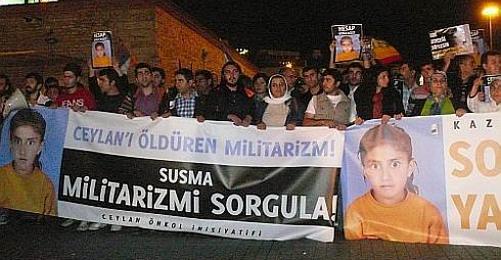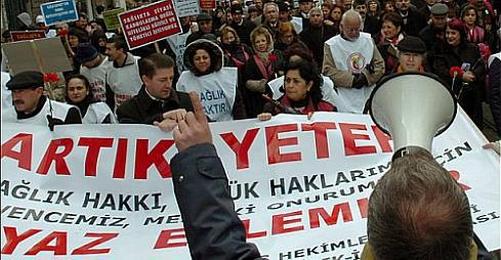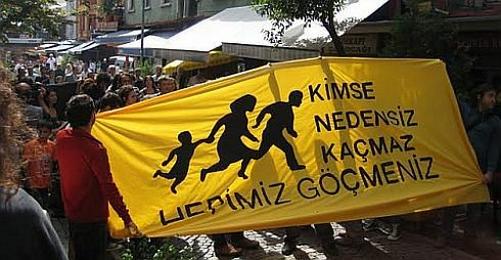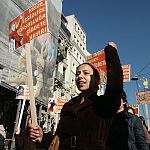EU PROGRESS REPORT
Women's Rights Must be Implemented in Daily Life

The section on women's rights of the 11th Progress Report of the European Council starts with the positive reference to the Committee on Equal Opportunities for Men and Women enforced in the beginning of this year:
"As regards women's rights, a consultative parliamentary Committee on Equal Opportunities for Men and Women was established by law in March 2009. It monitors developments on gender equality, gives opinions on draft laws and proposes steps to align Turkish legislation and practice with international agreements. It also examines complaints about violations of equality between women and men and gender-based discrimination. A legislative amendment granted public servants employed under labour contracts the right to paid maternity leave of 16 weeks, the same as for public servants, plus the possibility to return to the same post, if they apply for it, at the end of their maternity leave. The preliminary results of the 2008 Turkey Demographic and Health Survey show an improvement in mother and child health indicators over the last five years, even though regional disparities persist".
The report also mentions progress on awareness of violence against women: "In April 2009 a protocol was signed between the Directorate-General for Women's Status and the Ministry of Justice with a view to training prosecutors and judges on violence against women".
Low representation of women in politics
"Women's NGOs launched campaigns to increase female participation in local elections, such as the '50/50 equality' campaign simultaneously with the European Women's Lobby's '50/50 no modern European democracy without gender equality' campaign. However, gender equality remains a major challenge in Turkey and a gender equality body as required by the acquis has yet to be established".
"The local elections held on 29 March 2009 did not change this: there are only two female mayors at provincial capital level and seventeen at district town level. Overall, despite the pre-electoral rhetoric, political parties did not place a sufficient number of female candidates in electable positions. Finally, the Law on Political Parties and the statutes of the parties contain no provisions that could lead in practice to adequate political representation of Turkish women".
Women mainly working in the informal sector for lower wages
"Women's participation in the labour market is still very low. Women entering the labour market are likely to be employed in the informal sector; this makes their situation fragile". Overall, women earn less than men for work of equal value".
"Women's access to education is the lowest among the EU Member States and OECD countries. The good results on reducing the gender gap in primary education need to be sustained and improved, in particular by ensuring that girls continue to attend school and by identifying and addressing school drop-outs".
Lack of women shelters
Furthermore, the Progress Report refers to the case of Nahide Opuz who had been exposed to violence by her divorced husband. The European Court of Human Rights (ECHR) judged in June 2009 that Opuz had suffered from gender-based violence as a form of discrimination against women, which was an important step towards protecting women in Turkey against domestic violence.
"Women's organisations report that family courts take a long time to issue restraining orders to protect women facing the threat of violence under the Law on Protection of the Family. This undermines the effectiveness of the law and leads to further victimisation of women. There are only 54 shelters for female victims of domestic violence. This is much lower than provided for by the law or required by the actual needs, both in terms of number of shelters and overall bed capacity. The availability and accessibility of intermediate protection and prevention services needs to be strengthened to meet the demand".
The report concludes, "Overall, the legal framework guaranteeing women's rights and gender equality is broadly in place". However, the implementation of this legal framework into the various fields of everyday life clearly leaves room for furhter improvement. The realization of concrete measures has not been sufficient yet. (EZÖ/VK)
Politician and NGOs Urge for Clarification of Önkol's Death

Protests against Health Care Contribution Rate

Greens Launch Trial for Palovit Valley

"When Will Mohsen Abdolkhani and Hamid Karimnia Be Released?"

Precedent: 20 Years Sentence for Rape from 14 Years Ago















